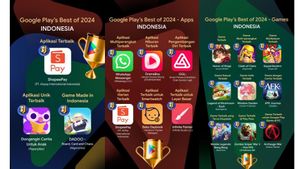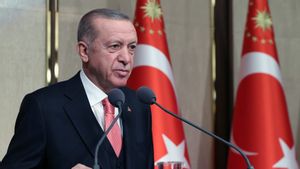Jakarta - Apple has taken a major step to end the ban on iPhone 16 sales in Indonesia by offering to increase manufacturing investment tenfold, from the initial plan of USD 10 million (IDR 150 billion) to USD 100 million (IDR 1.5 trillion).
The ban was imposed after the Indonesian government assessed that Apple had failed to fulfill its previously promised investment commitments. Initially, Apple agreed to invest USD 109 million in a developer academy in Indonesia and USD 10 million for manufacturing activities over two years. However, the realization of funds for the academy only reached USD 95 million, which prompted the government to take firm action by banning the sale of the iPhone 16.
In addition to the iPhone 16, the Indonesian government has also banned the sale of Google Pixel phones due to similar violations.
Apple's Strategy to Penetrate the Indonesian Market
According to a Bloomberg report, Apple is now offering an investment of almost USD 100 million in Indonesia's manufacturing sector over the next two years. This proposal is designed so that the Cupertino, US-based company can re-access the Indonesian market of 278 million consumers, more than half of whom are young, tech-savvy people.
The investment plan is expected to involve setting up a factory in Bandung, West Java, to produce accessories and components for Apple devices. However, it is possible that the investment will also include a request for Foxconn or other supply chain partners to set up iPhone and iPad assembly facilities in Indonesia.
SEE ALSO:
Indonesia has used a similar approach to India, which successfully attracted Apple to build an assembly facility as a condition of market entry. Now, India is Apple's second largest manufacturing center after China.
This is not the first time Apple has been required to meet investment requirements in Indonesia. In 2017, the company was also required to make a similar investment to obtain permission to sell iPhone products in the country.
Apple's move this time shows the company's seriousness in maintaining its existence in the very potential Indonesian technology market.
The English, Chinese, Japanese, Arabic, and French versions are automatically generated by the AI. So there may still be inaccuracies in translating, please always see Indonesian as our main language. (system supported by DigitalSiber.id)















